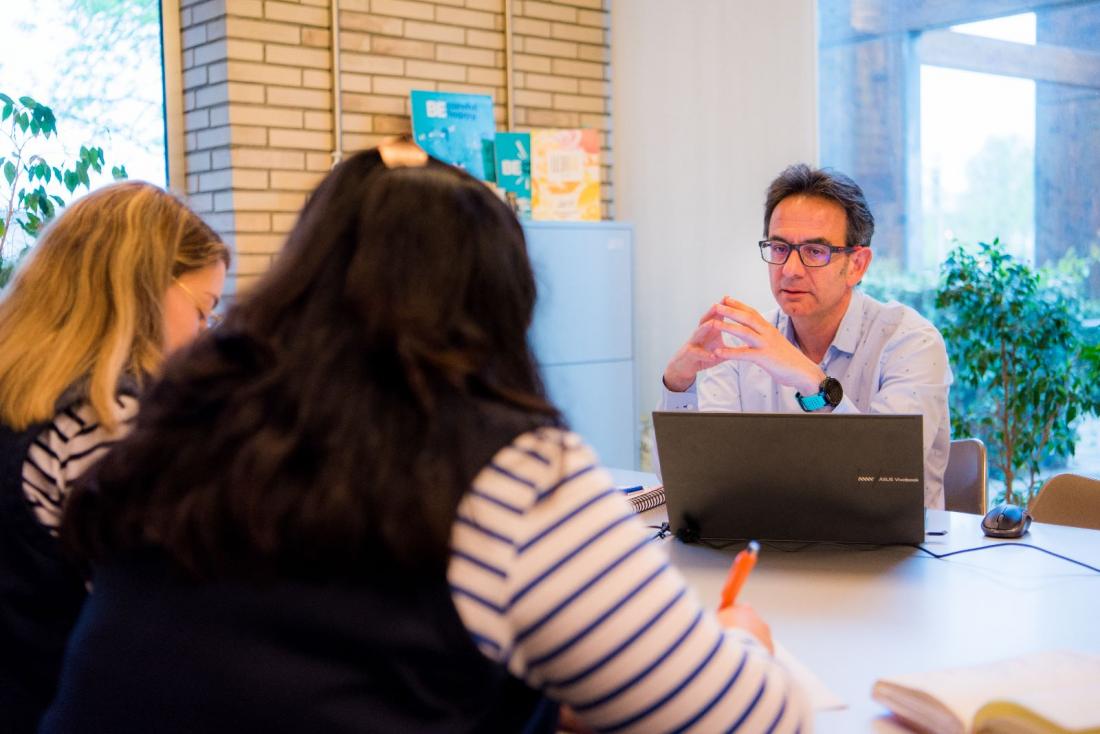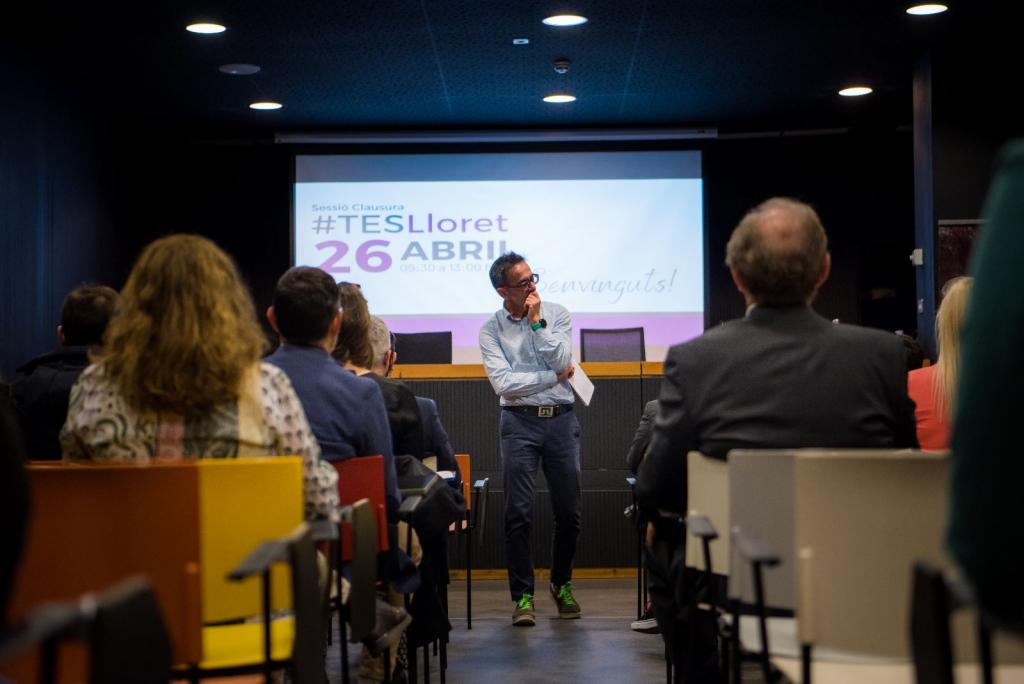RESTART MED! Interviews Doctor in Tourism: an exciting change awaits in the sector

Jaume Marín is an expert in Tourism Marketing. Doctor in Tourism. Consultant and mentor for companies and tourist destinations. Professor at the Faculty of Tourism of the University of Girona, CETT-UB of Barcelona and Basque Culinary Center.
Today we interview Jaume, who has also coordinated the RESTART MED! subgrants implementation in Catalonia.
Which are the main tourism challenges in Catalonia?
After the COVID-19 pandemic, new challenges have been generated in the tourism sector that have meant changes in the profile of new tourists, and that has involved a rethinking of the sector to deal with them.
Sustainability has gone from being the organization or development of sustainable actions in the environment, to being incorporated into the DNA of companies and destinations, in its three aspects: environmental, social and economic.
We have also seen the need to diversify the product range and improve the quality of the experiences we offer. The new customer profile calls for an experience more related to slow tourism. This implies knowing more about the destination and its locals and being able to enjoy the small details. The new tourist wants a transformation in the trip, and that he can learn something on it and return to his place of origin feeling better in some personal aspect.
We also face two key challenges as a destination. So far 91% of the tourists who visit Catalonia are on the coast, and therefore the rest of the country only receives 9%, which represents a challenge of territorial balance and a very large carrying capacity.
Also, from tourism at a global level, it will mean that we have guaranteed customers, but companies and destinations will have to segment and hyper-segment to reach the ideal customer, who wants to know the territory, integrate into the local culture, which will generate greater spending. In addition, this tourist profile can visit us at any time of the year, which can help deseasonalization, creating more consolidated jobs throughout the year.
How do you think companies are reacting to these challenges?
Many Catalan companies, mostly SMEs, have realized these challenges, in addition to the rapid digital transformation. Many have generated high-value experiences for an increasingly segmented type of customer. "Coffee for everyone" is no longer worth it and now they have had to micro-segment. This has involved a redefinition of the experience itself, and also, the use of online tools that have allowed a better segmentation of its customer.
In addition, companies are struggling with the issue of the energy transition, which has caused an increase in costs in the industry, and have gradually adapted to the different points of sustainability, although there is still work to be done.
In the coming years, we will see companies much better prepared, professionalized, with technological tools aimed at improving customer satisfaction throughout the purchase and stay process. An exciting change awaits us and it will take Catalonia a step forward in the sector.
How RESTART MED! is helping Catalan companies? What do you think it is going to be its impact?
In my opinion, RESTART MED! is one of the best projects, since after the help in the definition of actions developed by other projects, such as MEDUSA, now is the moment for another essential part, which is the communication and the marketing support. Usually, this part is the one that is more difficult to see in small companies, and while they are very knowledgeable about the product and how to develop it, we find serious shortcomings in communication and its marketing, especially online. The communication and marketing channels, to attract the new type of customer, have changed radically, and therefore the effort must be very important in this part. RESTART MED! has been a shock and a strong push to offer current tools to small companies that have developed innovative communication actions to attract this new customer. The communication has directly generated an impact on the target, and they have managed to publicize products and experiences that would have been complex if they had done it without the help. In my opinion, it has been a great success, and I hope they can continue this aid, which I consider essential for this type of company. The support offered by the program also allows for follow-up and advice to develop and design, not only the best communication strategies, but also specific actions and their appropriate development, considering resources, calendar and segment.
How do you consider is going to be like the future of sustainable tourism companies?
Companies are now in a situation of constant change and adaptation. We cannot make 4-year strategic plans like we used to. Now a strategy is needed, but an action plan needs to be defined almost every six months. The tourism system is very fragile, and both energy consumption, the war in Ukraine, and climate change affect and will affect the future of our companies. Those that adapt the fastest to new trends and consumer needs will survive. In this sense, we will have to be constantly alert, and be flexible in the face of these new challenges. And for me, an important factor is how to reach and communicate with this new consumer. Therefore, projects like RESTART MED! will be necessary, to be able to segment (and even hyper-segment) to try to achieve maximum personalization with our client.










